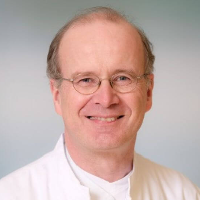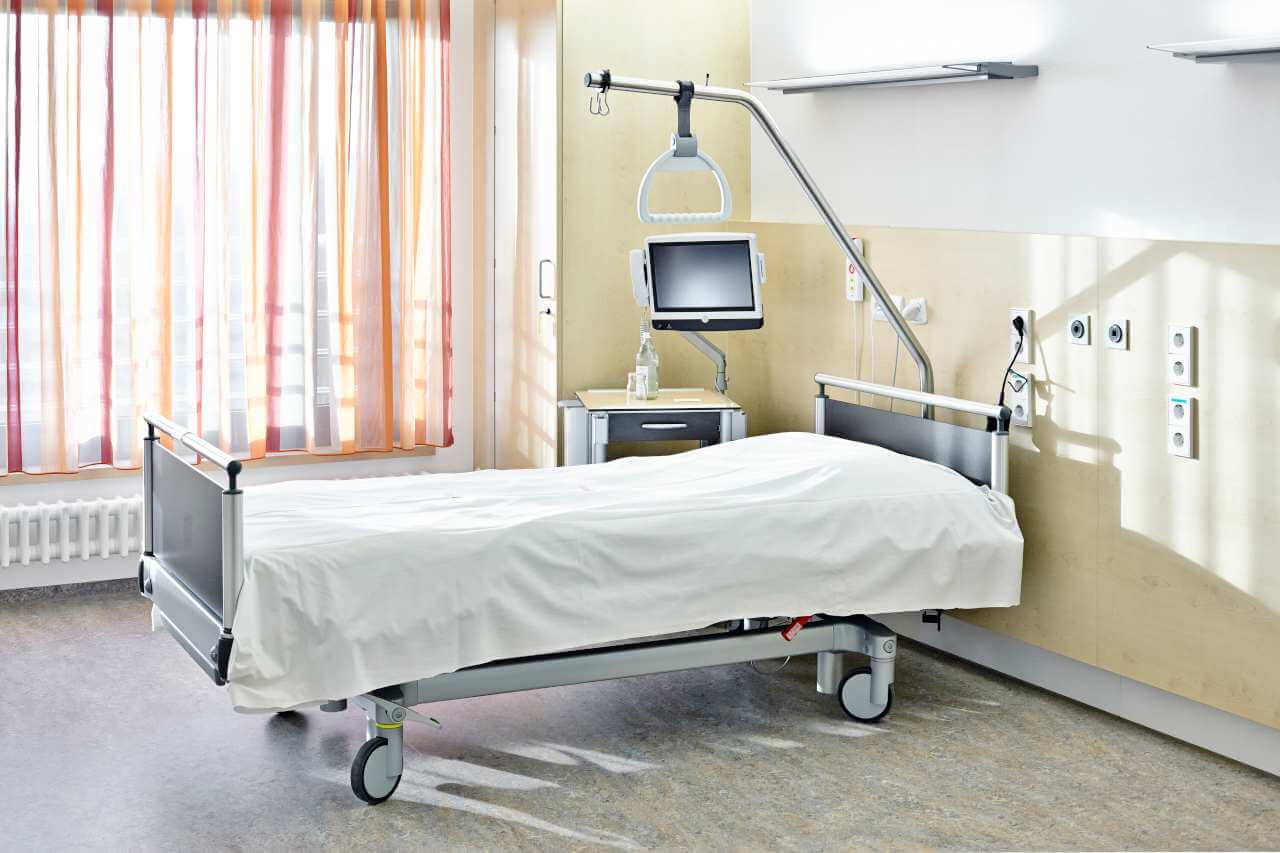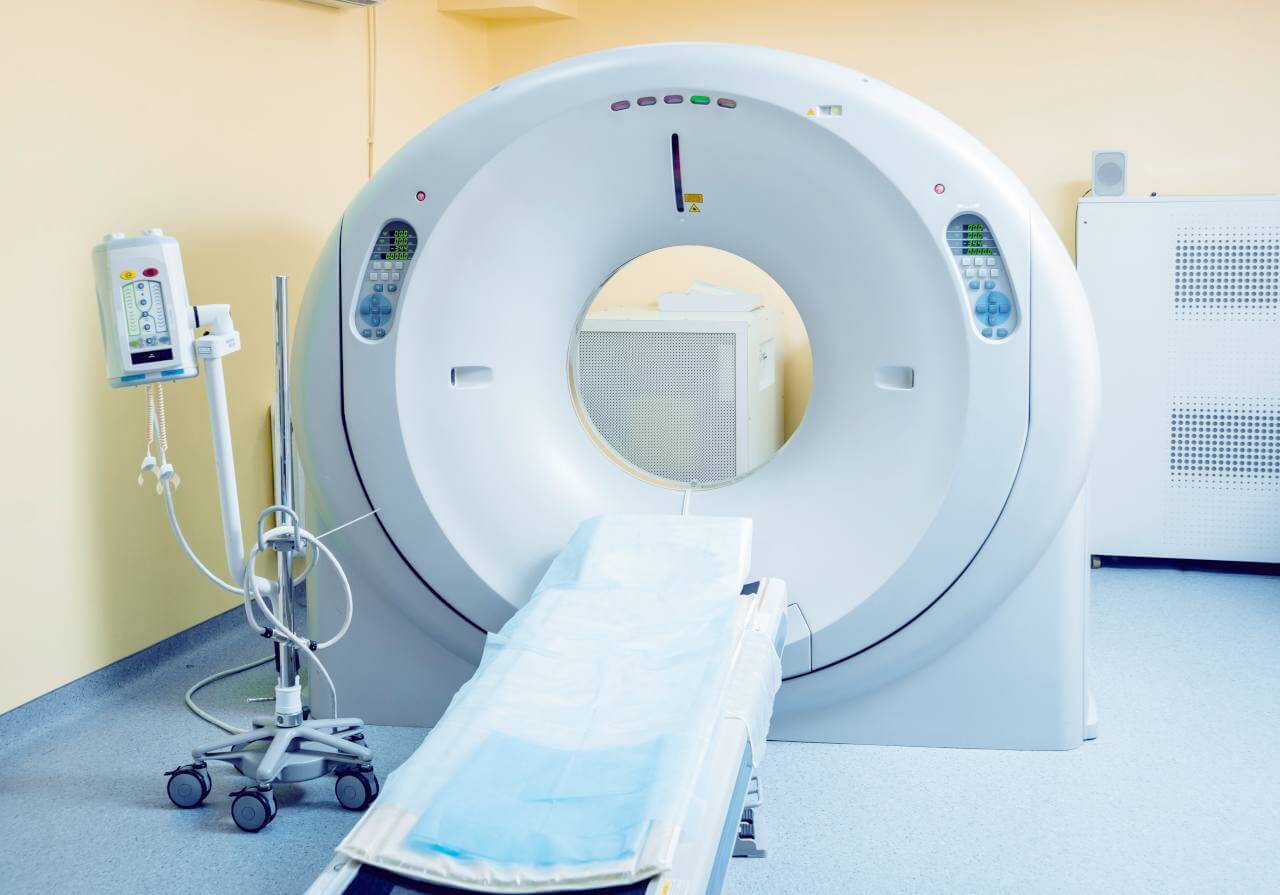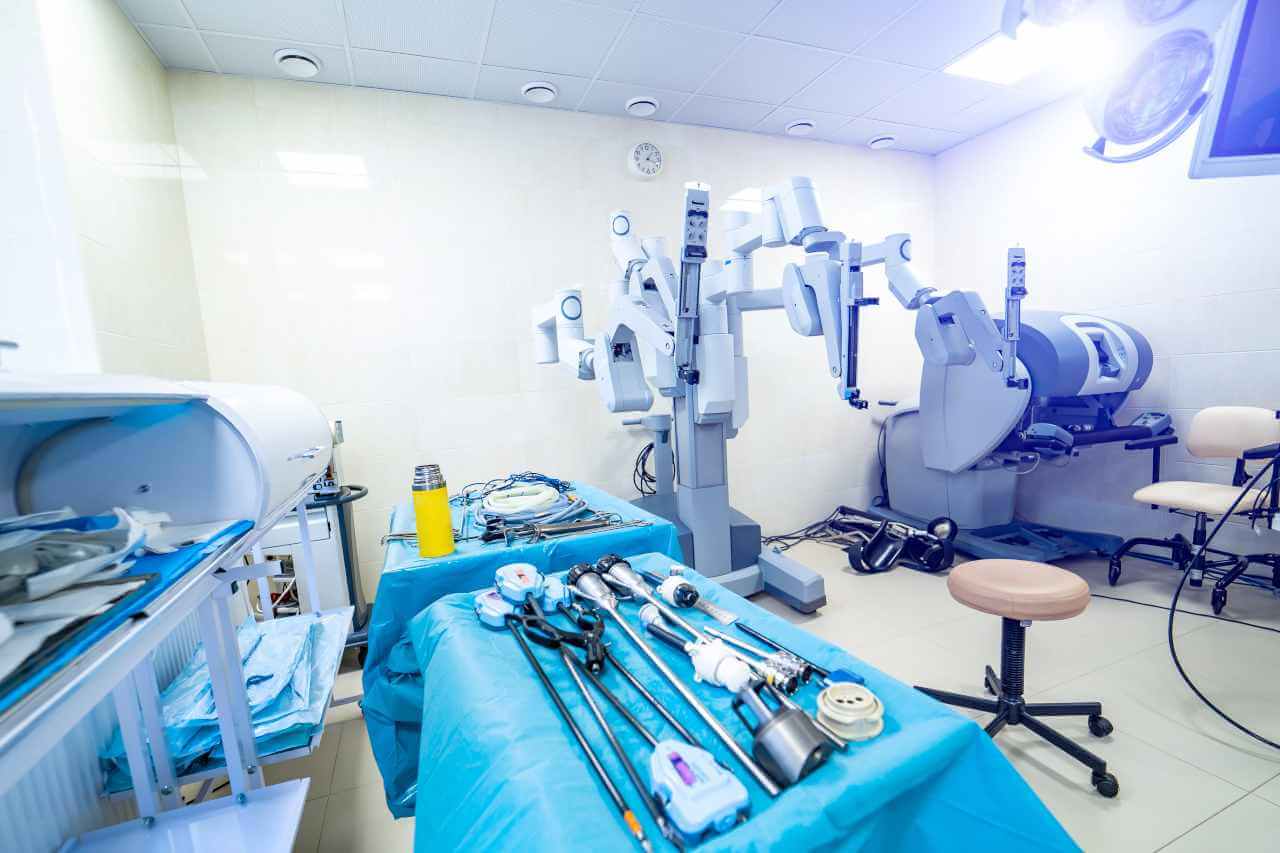
About the Department of Neurosurgery at Asklepios Hospital Altona Hamburg
The Department of Neurosurgery at the Asklepios Hospital Altona Hamburg performs all modern surgical procedures to treat diseases of the brain, spinal cord, and peripheral nervous system. The department's specialists cooperate closely with neurologists and neuroradiologists, thanks to which patients with diseases of the nervous system are provided with comprehensive medical care. The department's neurosurgeons successfully operate on patients with brain tumors, hydrocephalus, trigeminal neuralgia, hemifacial spasms, brain aneurysms, traumatic brain injuries, peripheral nerve compression syndromes, and spinal pathologies. Surgeons perform operations in high-tech operating rooms equipped with state-of-the-art surgical microscopes, endoscopic devices, neuronavigation systems, and intraoperative imaging devices. All these technical resources allow the physicians to provide patients with effective and safe treatment because damage to vital anatomical structures during operations on the brain and spine may provoke irreversible neurological deficits. The department's experienced neurosurgeons perform more than 2,000 surgical interventions of varying complexity every year. The Head Physician of the department is Prof. Dr. med. Dr. h.c. Uwe Kehler.
The department has exceptional experience in the treatment of brain tumors. The specialists most often deal with meningiomas, gliomas, and brain metastases. The department's neurosurgeons perform about 400 operations for the resection of benign and malignant brain neoplasms annually. The essential tools for the department's team of neurosurgeons during brain cancer surgery are surgical microscopes, computerized neuronavigation, neurophysiological monitoring, intraoperative ultrasound, and endoscopic equipment. In cooperation with doctors from related medical specialties (neurologists, neuroradiologists, oncologists, radiation therapists, etc.), the optimal complex of conservative treatment methods is individually selected for the patient. Most cases of brain tumors require comprehensive treatment, including surgery, chemotherapy, radiation, and other methods.
The medical center also regularly operates on patients with hydrocephalus. This pathology is characterized by excessive accumulation of cerebrospinal fluid in the brain ventricles, which leads to increased intracranial pressure. If hydrocephalus is confirmed, surgery is inevitable. Depending on the cause of the pathology and an individual clinical situation, the department's neurosurgeons choose the most effective method of surgical treatment. This may be endoscopic ventriculostomy (during the intervention, the neurosurgeon creates holes for drainage of excess cerebrospinal fluid) or ventriculoperitoneal shunting (the essence of the operation is to create a bypass for cerebrospinal fluid drainage from the brain to the abdominal cavity). It is worth noting that the department's neurosurgeons have vast experience in the treatment of normal pressure hydrocephalus, which is a special form of hydrocephalus in adults. More than 100 surgeries for this pathology are performed here every year.
An important focus of the department's neurosurgeons is on the surgical treatment of trigeminal neuralgia, which causes pain syndrome and worsens the patient's quality of life. Surgery for trigeminal neuralgia is the last-line treatment, which is indicated when conservative therapy fails. The gold standard for surgical treatment of this pathology is the Jannetta procedure (microvascular decompression), which guarantees a successful result in 90% of cases. An alternative treatment option for trigeminal neuralgia is obliteration under short-acting anesthesia. This method is also highly effective, but after 1-3 years, the pain syndrome returns. Additionally, the department's neurosurgeons, in cooperation with radiation therapists, perform stereotactic radiation therapy to relieve pain in trigeminal neuralgia.
The department's neurosurgeons also perform surgery for spinal disorders. The specialists focus on patients with herniated discs, spinal canal stenosis, and spinal tumors. Spinal interventions are performed in the department using minimally invasive techniques under the guidance of navigation systems. As a rule, the duration of the surgical procedure is no more than 1 hour. The hospital stay after surgery is only 3-4 days. With more than 1,500 spinal surgeries annually, the team of the department's neurosurgeons is deservedly proud of their rich experience and unique professional skills in this field.
The department's range of surgical options includes the following:
- Surgery for brain tumors: gliomas, meningiomas, and brain metastases
- Microsurgical and endoscopic procedures with the use of intraoperative monitoring, neuronavigation, and fluorescence-guided navigation with 5-aminolevulinic acid
- Surgery for hydrocephalus (with a special focus on the surgical treatment of normal pressure hydrocephalus)
- Endoscopic ventriculostomy
- Ventriculoperitoneal shunting
- Surgery for trigeminal neuralgia
- Jannetta procedure (microvascular decompression)
- Obliteration
- Stereotactic irradiation (in collaboration with radiation therapists)
- Spinal surgery (with a special focus on the surgical treatment of herniated discs, spinal canal stenosis, and spinal tumors)
- Minimally invasive surgery under neuronavigation guidance
- Surgery for brain aneurysms
- Coiling (a minimally invasive procedure)
- Surgery for traumatic brain injuries
- Microsurgical procedures
- Surgery for peripheral nerve compression syndromes: carpal tunnel syndrome, cubital tunnel syndrome, and others
- Microsurgical procedures
- Other surgical services
Curriculum vitae
Higher Education and Postgraduate Training
- 1979 - 1981 Medical studies, Technical University of Cluj-Napoca, Romania.
- 1981 - 1986 Medical studies, University of Hamburg.
- 1986 Examination, Educational Commission for Foreign Medical Graduates (ECFMG).
- 1986 Admission to medical practice.
- 1986 - 1992 Professional clinical training in Neurosurgery, University of Luebeck.
- 1992 Board certification in Neurosurgery.
- 1999 Additional qualifications in the treatment of pain syndromes caused by neurological diseases.
Teaching Activities
- Neurosurgery Course, Technical University of Cluj-Napoca, Romania.
- Minimally Invasive Neurosurgery Course, University of Luebeck, Germany.
Research Interests
- Surgery for hydrocephalus.
- Surgery for trigeminal neuralgia.
- Surgery for spinal diseases.
- Surgery for brain tumors.
Memberships in Professional Societies
- Professional Association of German Neurosurgeons (BDNC).
- German Society of Neurosurgery (DGNC).
- European Association of Neurosurgical Societies (EANS).
- International Society for Hydrocephalus and Cerebrospinal Fluid Disorders (ISHCSF).
Photo of the doctor: (c) Asklepios Klinik Altona





